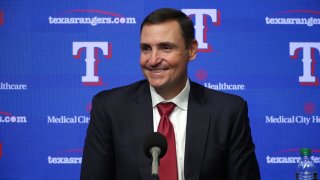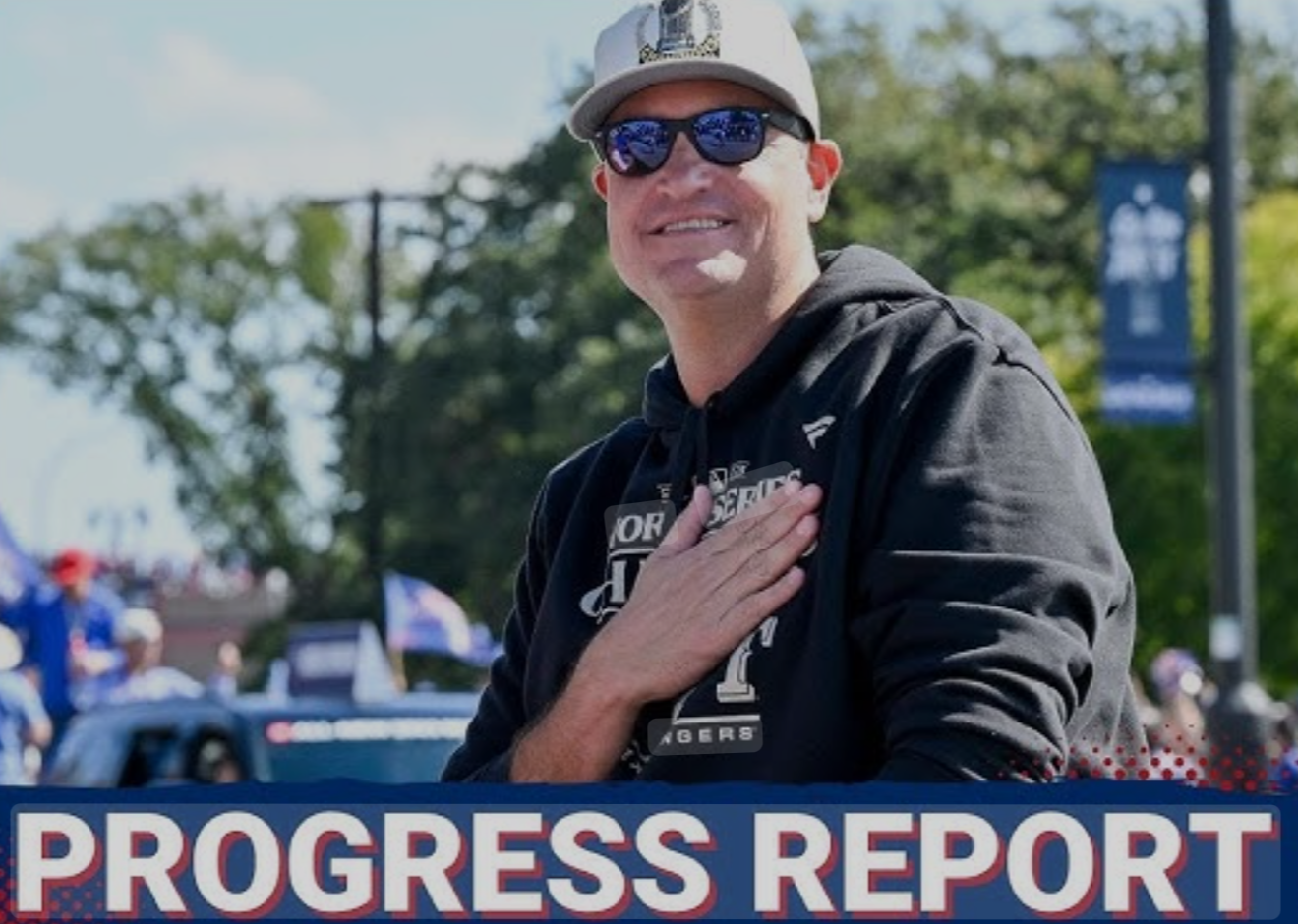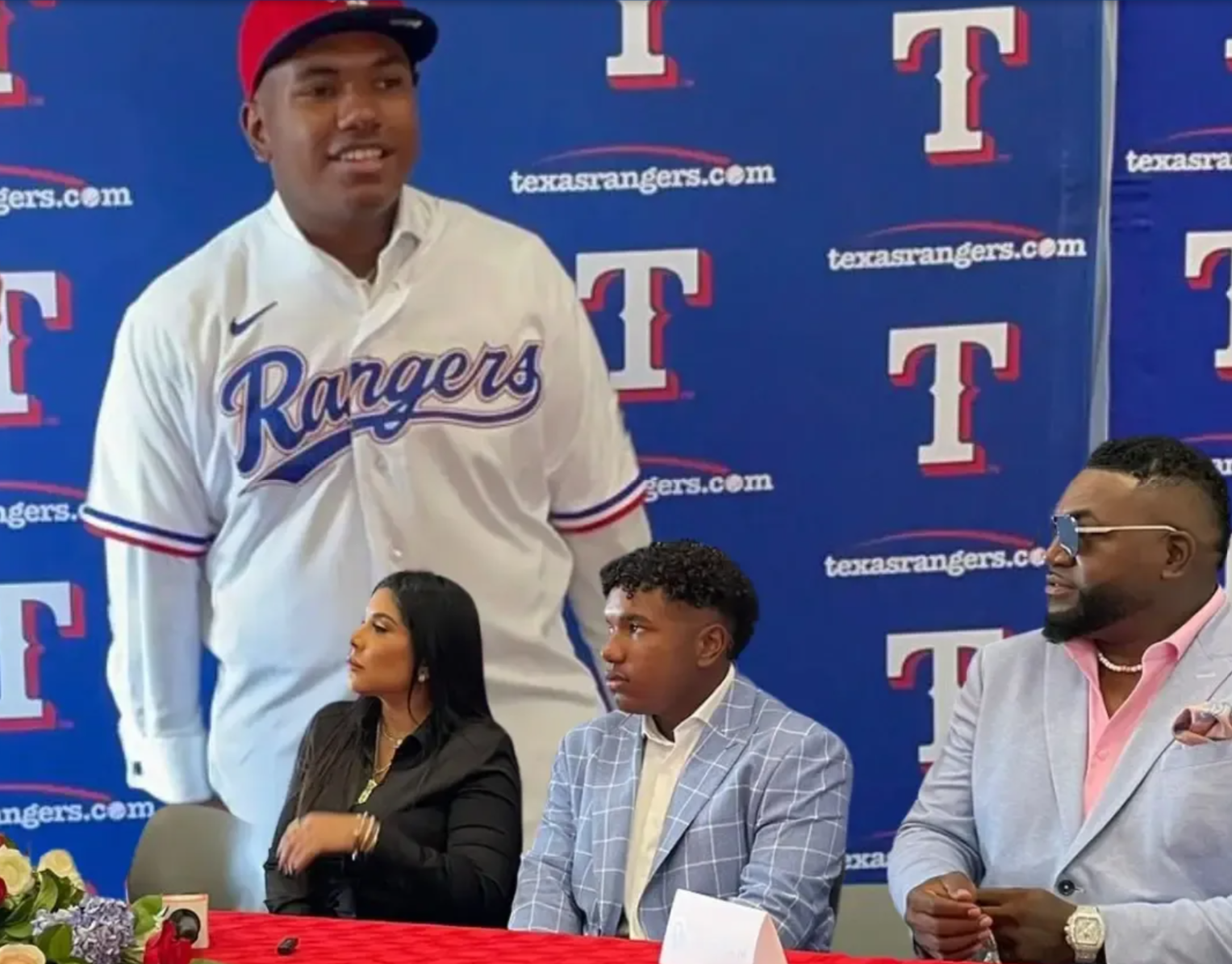Chris Young, GM/President, has spoken about how much he cares about how players feel, how losses or poor performances can really hurt them, and how proud he is of their work ethic. He’s emphasized accountability, support, and having a culture where it’s okay to feel disappointment — but also to pick yourself up and fight.
At the same time, Young emphasizes accountability. He has said that part of his job is not just acknowledging effort but making sure performance matches expectations. When players underperform, he doesn’t shy away from addressing that. He’s said that the “care factor is high” on the team, meaning players care deeply – and that creates an obligation to be accountable.
He has also been vocal about avoiding repeat mistakes. Looking back at 2024, Young admitted that a slow start (especially between May and June) was really harmful, and that in the future the team must adjust more quickly. In his view, winning early in the season builds momentum and clarity: it gives options, builds confidence, and reduces pressure.
In addition to criticism and accountability, Young works to uplift and support. He’s talked about being present: being in the clubhouse, being around the dugout, being visible. He believes that helps players feel supported, seen, and understood. For him, leadership isn’t about loud speeches, but quiet moments of encouragement — noticing when someone is struggling, offering words of wisdom, helping them get back up.

He’s also thoughtful about setting standards: Young has pointed to culture pillars the Rangers are trying to live by: dominating fundamentals, competing with passion, being a good teammate. He holds that these values should be reflected in how players conduct themselves every day — their work habits, their responses to adversity — as much as by their on-field results.
Young has admitted that sometimes what he expects is high, and that the pressure can hit players hard — and that whether they feel they’ve let themselves, the organization, or the fans down is not trivial. He tries to balance firmness with empathy. He believes that players deserve a chance to make things right, and that mistakes should drive reflection and improvement, not guilt.
When the offense struggled early in 2025, Young didn’t assign blame to any single player. He said “everyone shares responsibility.” He was willing to acknowledge that the whole team has to pull their weight, that culture is reinforced not just by stars but by every contributor.
Finally, Young has been critical of complacency. After winning big (like in 2023), he’s said it’s hard not to relax, but that the organization must guard against that. He also recognizes that winning once isn’t enough, and that sustained success comes from continual adaptation, continuous work, and not assuming yesterday’s formula will always work.




